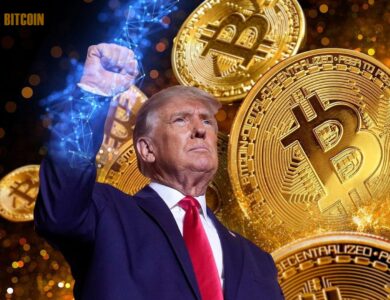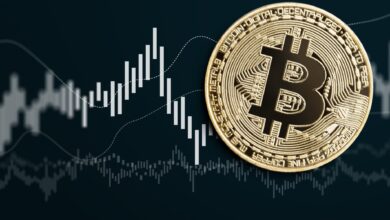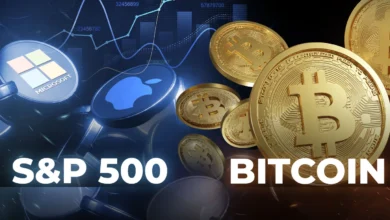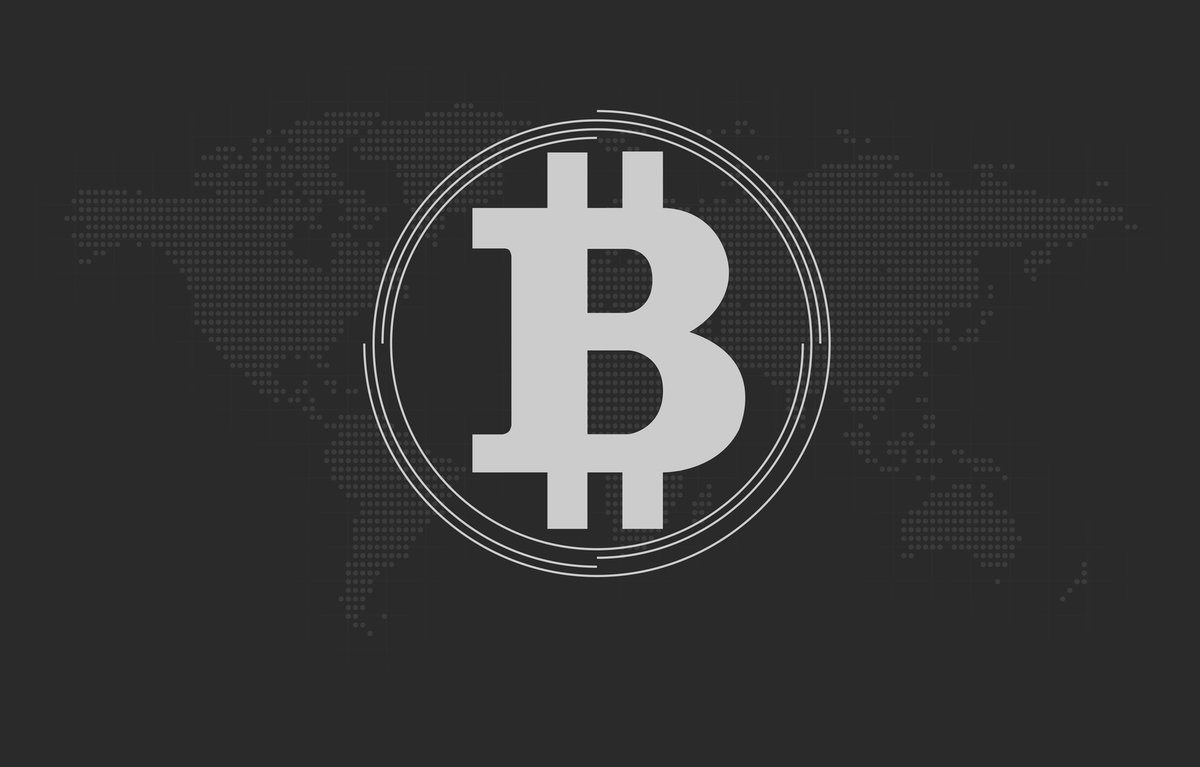
Decentralized Crypto Exchanges Soared in December
Decentralized Crypto Exchanges: The world of cryptocurrency has been evolving at an extraordinary pace, with decentralized exchanges (DEXs) emerging as a critical part of this transformation. In December, DEXs witnessed an incredible surge, further solidifying their position as the future of crypto trading. This surge can be attributed to several factors, including the increasing desire for greater privacy, and enhanced security, and the overall shift toward decentralization in the crypto space 2025 Led to Increased Interest in Cryptocurrencies.
What are Decentralized Crypto Exchanges?
Decentralized exchanges (DEXs) are platforms that allow users to trade cryptocurrencies without the need for an intermediary like a centralized exchange (CEX). Instead of relying on a central authority, DEXs use smart contracts on blockchain networks to facilitate transactions directly between buyers and sellers. Some of the most popular DEXs include Uniswap, PancakeSwap, and SushiSwap, with Ethereum, Binance Smart Chain, and Solana hosting a large portion of decentralized trading activity.
1. Increased Demand for Privacy and Control
One of the key reasons behind the growing popularity of decentralized exchanges is the increasing demand for privacy and control over one’s assets. Users are becoming more aware of the risks associated with centralized exchanges, where personal information is often required, and funds can be vulnerable to hacking or mismanagement. DEXs, on the other hand, allow users to trade without revealing sensitive personal information, giving them full control over their funds.
2. Security Concerns with Centralized Exchanges
In the past year, several high-profile security breaches at centralized exchanges have raised concerns about the safety of user funds. Hacks, insolvencies, and regulatory pressures have shaken confidence in centralized platforms. In contrast, DEXs, which operate on blockchain protocols, are seen as more secure due to their decentralized nature and reduced attack surfaces. This has led many crypto enthusiasts to flock to DEXs in search of a safer trading environment.
3. Enhanced Token Availability
Decentralized exchanges often list a broader range of tokens compared to their centralized counterparts. This is because DEXs are permissionless platforms, meaning anyone can create and list a token. This wide array of tokens provides more options for traders, including niche and emerging projects that are not available on centralized exchanges.
4. Yield Farming and Liquidity Mining
Another factor contributing to the rise of DEXs is the booming DeFi (Decentralized Finance) space. Yield farming and liquidity mining opportunities on DEXs have attracted a large number of users looking to earn passive income through staking or providing liquidity. These features have added a new layer of incentive for traders to use decentralized platforms, as they can earn rewards while participating in the exchange’s operations.
5. User Experience and Innovations
The user experience on decentralized exchanges has improved significantly in recent months. With better interfaces, faster transactions, and lower fees, more traders are finding DEXs easier and more convenient to use. Additionally, innovations such as automated market makers (AMMs) and layer 2 scaling solutions have further boosted the performance of decentralized platforms, enabling them to compete with centralized exchanges in terms of speed and cost.
December’s Surge in DEX Activity
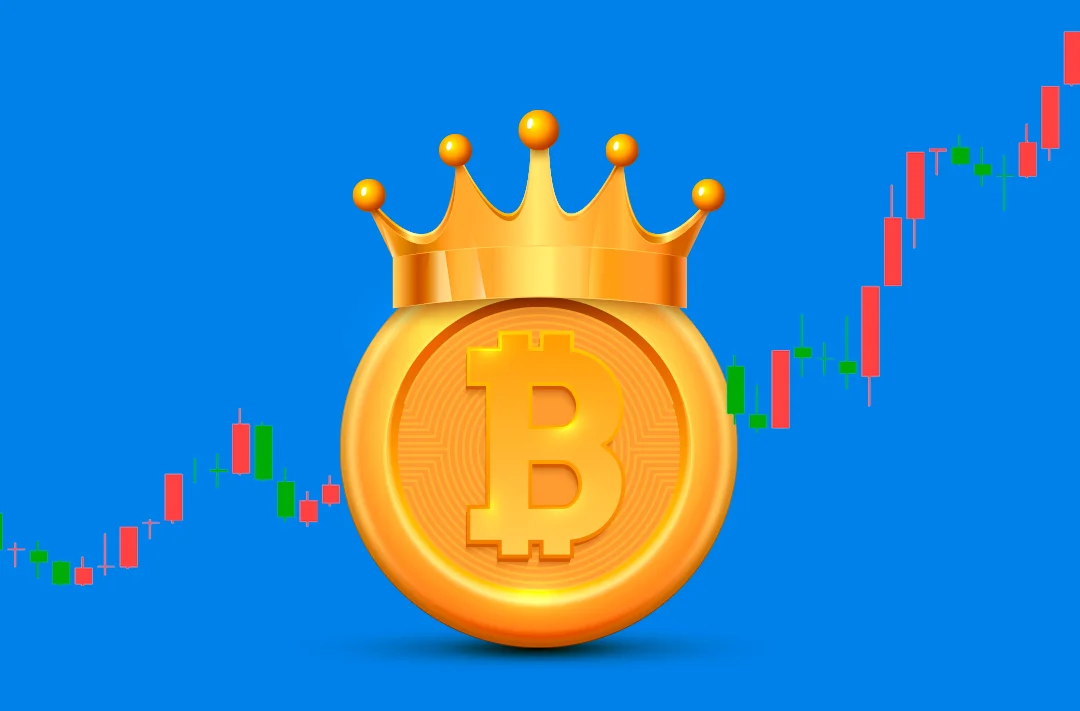 December marked an exciting period for decentralized exchanges, as several metrics showed significant growth. The overall trading volume on DEXs reached new heights, with platforms like Uniswap and PancakeSwap leading the charge. This surge can be attributed to several factors:
December marked an exciting period for decentralized exchanges, as several metrics showed significant growth. The overall trading volume on DEXs reached new heights, with platforms like Uniswap and PancakeSwap leading the charge. This surge can be attributed to several factors:
- End-of-Year Trading Momentum: As the crypto market experienced increased volatility and positive sentiment towards the end of the year, more traders flocked to DEXs to take advantage of price movements and capitalize on opportunities.
- Integration of Layer 2 Solutions: Platforms such as Optimism and Arbitrum, which offer faster and cheaper transactions, saw increased adoption by DEXs in December. This allowed for a smoother trading experience, further driving user engagement.
- Institutional Interest: While institutional investors are often associated with centralized exchanges, many have begun exploring decentralized platforms as a way to access a wider range of assets and opportunities in the rapidly growing DeFi space.
The Future of DEXs
As we move into 2024, the growth of decentralized exchanges shows no signs of slowing down. With new advancements in blockchain technology, the continued development of layer 2 solutions, and increased interest from both retail and institutional investors, DEXs are expected to play an even larger role in the crypto ecosystem.
The increasing adoption of decentralized finance, coupled with the push for greater privacy and security, means that decentralized exchanges will continue to thrive. However, the challenges of scalability, user experience, and regulatory oversight will need to be addressed to ensure their continued growth and mainstream adoption.
Conclusion
December’s surge in decentralized crypto exchanges is a testament to the growing confidence in decentralized trading platforms. With their unique benefits and the evolution of blockchain technology, DEXs are poised to redefine the future of crypto trading in 2024 and beyond.
As decentralized exchanges continue to innovate and expand, they may soon become the go-to platforms for traders seeking freedom, security, and a broader array of assets. The future of cryptocurrency trading is undoubtedly decentralized, and the month of December has only affirmed this reality.
[sp_easyaccordion id=”5463″]
